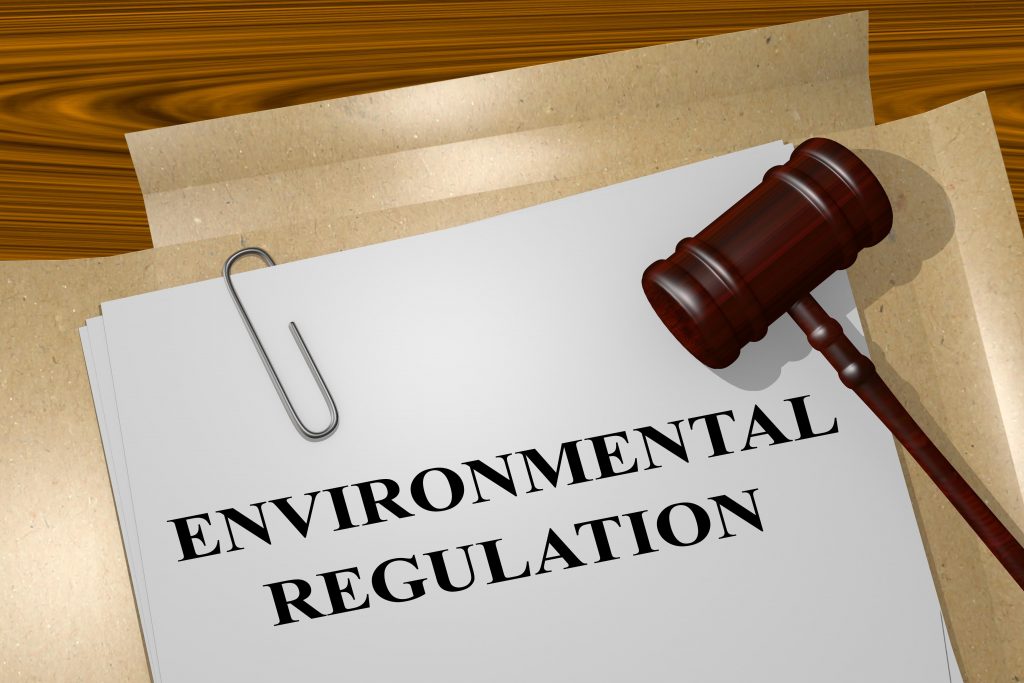
By: Don Sullivan – October 9, 2020
In late August, What The Frack Manitoba, along with Brokenhead Ojibway Nation and the Manitoba Metis Federation, submitted formal requests to the federal minister of the environment and climate change, for designation of the proposed CanWhite Sands silica sand development as a federal project for the purpose of applying the Federal Impact Assessment Act (IAA).
While I cannot speak for the other signatories, What The Frack Manitoba took this approach because we have lost confidence in the Province of Manitoba’s environmental review process with respect to this proposed project. In our opinion, the province should have insisted, at minimum, that CanWhite Sands Corp. submit, as the first step, an Environment Act Proposal (EAP) for its mine and mining method to extract the silica sand.
This did not occur. Instead, the province allowed CanWhite Sands to first submit an EAP for its silica sand processing facility, and then agreed to allow the company to submit a second EAP for its mine and mining method, to be reviewed at some later date — presumably after the silica sand processing facility has been licensed and approved by the province.
By licensing the silica sand processing facility first, the approval of the mine and mining method — which is the most egregious component of the proposed project — would be a foregone conclusion. By splitting this one project into two separate parts, the province is allowing the company, which is cash-poor, to avoid the significant expense of preparing all of the necessary technical reporting requirements on its mine and mining methods.
It also conveniently allows the province to avoid its legal obligation to undertake a Section 35 consultation process with potentially impacted First Nations and Métis Peoples, who may be adversely affected by the silica sand mine and the method used to extract the silica sand.
What The Frack Manitoba and others raised a number of concerns related to the mining method employed to extract the silica sand. We are particularly concerned about water use and the discharge of potentially toxic water that may have lasting and adverse impact, not only on the Brokenhead River, but also on the aquifer that provides drinking water for the entire southeastern region of Manitoba.
After preparing a 47-page review and scientific analysis of the CanWhite Sands EAP, What The Frack Manitoba identified a significant number of unresolved issues that were not addressed in the company’s EAP. Our position is that these unresolved issues warrant the federal government’s involvement in the environmental review of this proposed development project.
We have therefore formally requested that the federal minister of the environment and climate change exercise his authority under the federal IAA, and designate CanWhite Sands proposed silica sand development a federal project, which would justify federal involvement in the review. By law, the minister has 90 days, from the time the formal request to designate was made, to make his decision on whether or not to review this project under the IAA. We expect his decision on the matter in the coming month.
On Sept. 14, the regional director of the environmental protection and operations directorate for Environment and Climate Change Canada wrote to the Impact Assessment Agency of Canada, stating that…. “ECCC is of the view that the activities associated with the Vivian Sand Processing Facility Project and Vivian Sand Extraction Project may result in adverse environmental effects as defined under the Impact Assessment Act, including potential effects on species at risk, migratory birds, water quality, and air quality.”
More recently, both the Liberal Party of Manitoba and the Manitoba New Democratic Party wrote to the federal minister requesting that a joint federal/provincial panel review process be applied, and that the silica sand processing facility and the mine and the mining method used be reviewed as one project.
Even the Winnipeg Free Press editorial board weighed in on the issue, stating there is a need for a panel review on all of the components of this development project.
By splitting this one project into two separate development components, the province is not providing Manitobans with a transparent review process that would allow those concerned with this proposed development project the ability and the means to address the serious adverse impacts that may be associated with the project as a whole.
Don Sullivan is the spokesperson for What The Frack Manitoba and the former director of the Boreal Forest Network. He served as special adviser to the government of Manitoba on the Pimachiowin Aki UNESCO World Heritage site portfolio, and is a research affiliate with the Canadian Centre for Policy Alternatives — Manitoba


